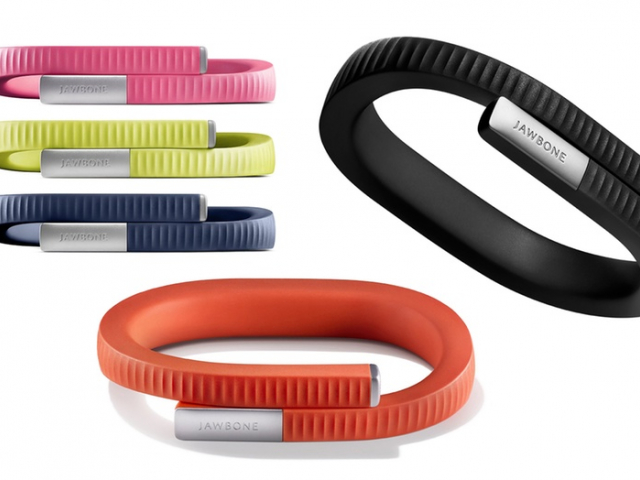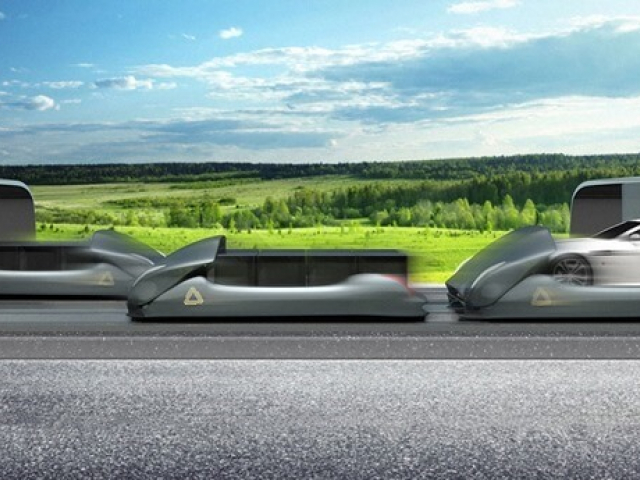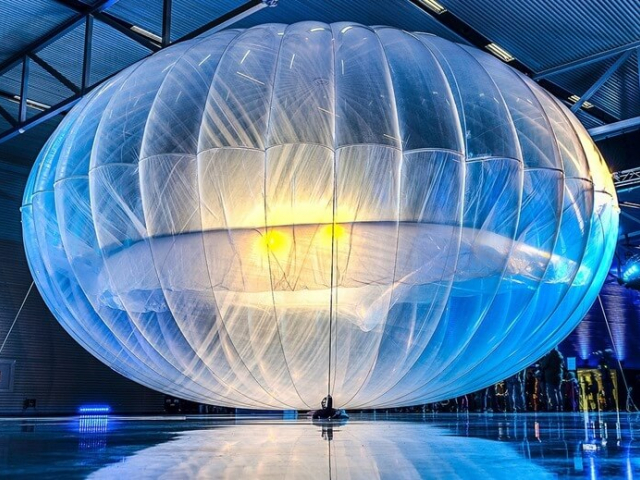
Nice Tuan
Nice Tuan is considered by experts to be one of the most costly failed startups in the world. The Chinese startup aimed to link farmers and food producers with consumers. However, as the service expanded to small towns, its operating costs soared. Nice Tuan sold products below their market cost to lure buyers, but faced fines from Chinese regulators for unfair pricing and false advertising. As a result, the startup could not compete with rivals who had bigger ad budgets, and its sales plummeted.

Quibi Holdings LLC
СAnother notable market failure is Quibi Holdings LLC. This mobile video streaming platform attracted investments from Goldman Sachs, NBC Universal, and JPMorgan Chase, but was shut down 6 months after launch. Quibi targeted a specific audience who liked to watch short episodes of movies and shows on the go or when travelling. The startup’s founder Jeffrey Katzenberg and CEO Meg Whitman stated the project’s failure was due to numerous business mistakes by the company’s management. The project’s team tried to consider all possible scenarios, but ran out of steam. The pandemic also contributed to the startup’s downfall. The startup only had a mobile app, and did not have a web version for PCs or an app for TVs.

Jawbone
Jawbone, a manufacturer of fitness bracelets, bluetooth headsets, and wireless speakers sporting a unique design, collapsed in July 2017. One of Jawbone's key competitors was another startup, Fitbit, which focused on practical and inexpensive devices. It was followed shortly afterwards by the Apple Watch, which seriously challenged Jawbone and took over its market share. The company raised funds 16 times during the 17 years of its existence and attracted $930 million in investments. However, Jawbone was not able to compete with other companies and failed to protect its share of the market.

Arrivo
Initially intended to launch in 2019, the Arrivo startup planned to transport passengers using maglev trains at a speed of 320 km/h. The company planned to build an experimental track along one of the toll roads in the state of Colorado. However, the launch of the test route, which was scheduled for 2021, did not occur due to a significant lack of financing, which forced the company to shut down.

Essential Products
Essential Products, a Silicon Valley-based startup founded by Andy Rubin in 2015, was once considered a “unicorn” - a company valued at more than $1 billion. It aimed to compete with Apple by producing high-end smartphones using Android OS for rich customers. However, the only product released by the company was the Essential Phone, which had poor sales. Essential Phone also faced negative reviews from buyers. The development of further models was halted, and other devices of the Essential ecosystem, such as a smart home assistant, did not leave the drawing board.

Loon
Loon was a project by Google aimed at providing Internet access to people in remote parts of the world via high-altitude balloons in the stratosphere. The first test launches of 30 balloons were carried out in Christchurch, New Zealand in 2013. The project planned to launch about 300 balloons to provide Internet coverage to New Zealand, Australia, Chile, and Argentina. However it was shut down in 2021 due to insufficient funding. Furthermore, analysts noted that Internet availability in areas of the world targeted by Loon had increased from 75% to 93% over the last 10 years, undermining the project.
 Български
Български 
 Русский
Русский English
English Bahasa Indonesia
Bahasa Indonesia Bahasa Malay
Bahasa Malay ไทย
ไทย Español
Español Deutsch
Deutsch Français
Français Tiếng Việt
Tiếng Việt 中文
中文 বাংলা
বাংলা हिन्दी
हिन्दी Čeština
Čeština Українська
Українська Română
Română
